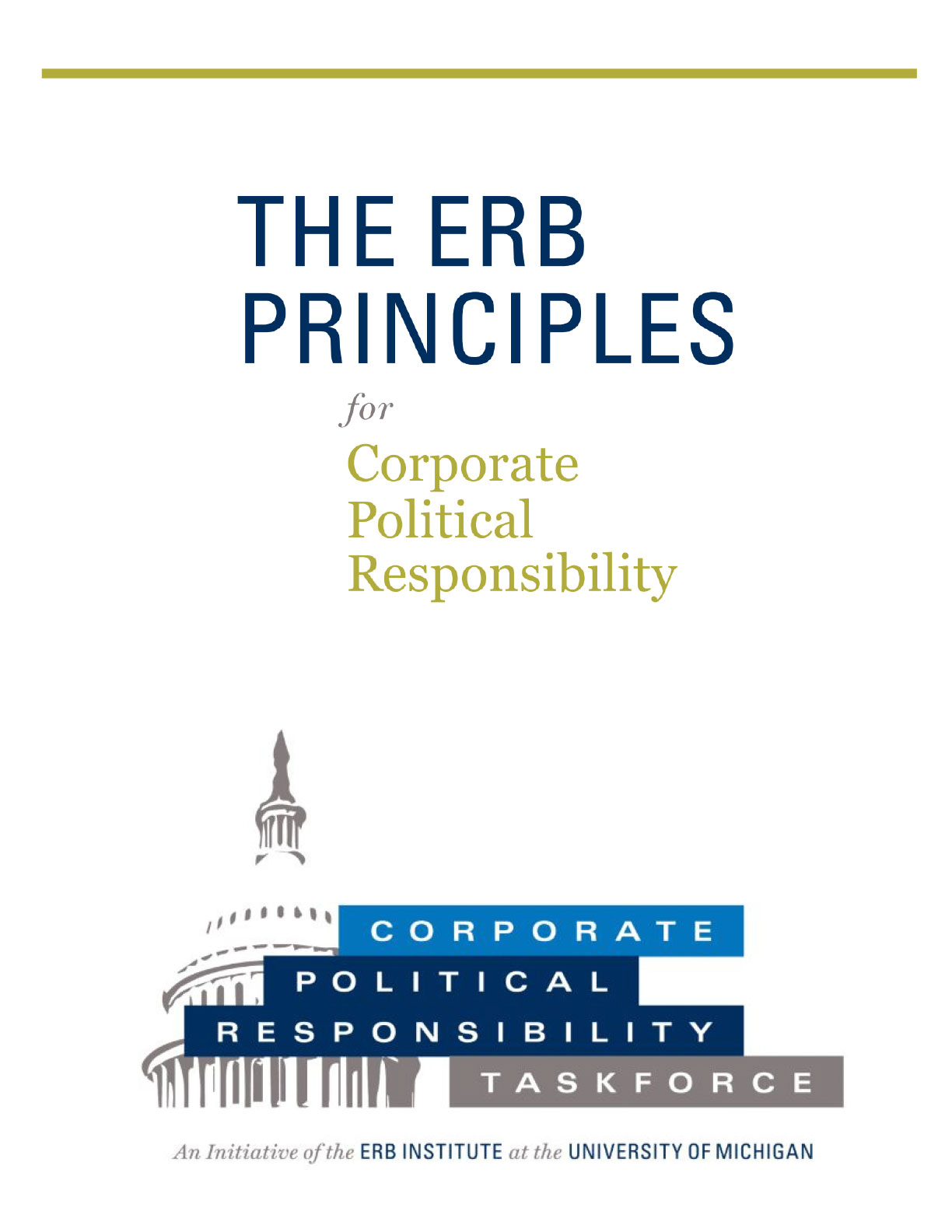Do you have a resource to recommend for The CPR Hub? Please reach out and we will review it for future updates!
The CPA-Zicklin Model Code
Video 1 of 3
On June 24, 2021, we spoke with Bruce Freed, President & Cofounder of The Center for Political Accountability to explore “Preparing for Greater Political Spending Transparency as 2022 Campaigning Begins.”
As campaigning starts up for 2022, companies face critical decisions about how to align their political influence with their public commitments and shifting expectations from employees, investors, customers and the public. How can firms respond to expectations of greater transparency, knowing over 76% of Americans from all parties expect full disclosure? How should firms think about 2022 mid-term giving in light of increased scrutiny and real implications for civic institutions, social justice and public trust? What disclosure should companies prepare for in the future as the SEC evaluates public comments on climate change and ESG-related disclosures?
In this module, we explore:
- What is the CPA-Zicklin Model Code of Conduct for Corporate Political Spending, and how can it help companies reduce risk?
The Corporate Political Responsibility Taskforce (CPRT)’s Expert Dialogues are in-depth, recorded conversations with academic experts, stakeholder advocates and business practitioners to provide our members and other CPR champions with the expertise and context they need to develop principled, proactive CPR strategies. We invite those interested in a constructive, non-partisan, principles-based discussion.
Bruce Freed is the President & Cofounder of the Center for Political Accountability and developer of the new CPA-Wharton Zicklin Model Code of Conduct for Corporate Political Spending. Under his leadership, the CPA produces the annual CPA-Zicklin Index, which benchmarks the S&P 500 companies on their political disclosure and accountability policies and practices, and TrackYourCompany.org, a searchable, sortable database on company political spending. He helped develop the Center’s innovative strategy of using corporate governance to address the risks companies face from political spending. As a result of CPA’s efforts, political disclosure and accountability is recognized as the norm.
The full transcript for this module is available here.
#CorporatePoliticalResponsibility #CPR_Trends #SystemicRisk #LongTermValue #CPR_Transparency


